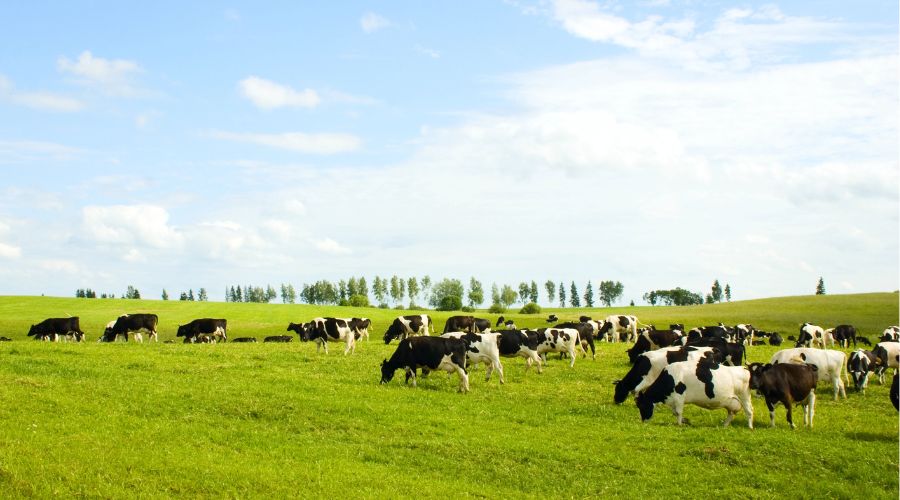BTV-3 vaccine licence now available across England
18th October 2024
Farmers in England will now be able to use any of the permitted BTV-3 vaccines without applying for a specific licence, Defra has announced.

A general licence is now available for bluetongue serotype 3 (BTV-3) vaccines, which covers the whole of England.
All livestock keepers in England can use any of the permitted BTV-3 vaccines without applying for a specific licence.
However, they must still meet the legally-binding conditions of the general licence for any vaccination activity, Defra said.
Initially general licences were only available to farmers in the high-risk counties as part of a phased approach.
Farmers outside of these areas who wanted to use the vaccine had to apply for a specific licence.
Reduce, rather than prevent
Unlike the authorised vaccines for other BTV serotypes, the BTV-3 vaccines reduce rather than prevent viraemia (presence of BTV virus in the blood).
This means that they may not prevent animals from being infected or infectious.
Depending on the vaccine, claims include reduction or prevention of clinical signs experienced or mortality.
READ MORE: BTV-3 update: Everything we know about the current situation
READ MORE: Vaccination: Make sure you don’t waste your investment
READ MORE: Concerns raised over potential changes to dairy contract legislation
For this reason, all movement controls and trade restrictions in place will still apply to vaccinated animals.
Vaccination status will not affect movement restrictions which remain in place and apply to all ruminants and camelids moving out of restricted zones and to the movement of their germinal products within zones.
Defra reminded farmers to only move animals when it is absolutely necessary.
Speak to your vet
Farmers are advised to work with their vets to decide if vaccination is right for their animals.
Farmers in England should contact their private vet if considering use of any of the permitted BTV-3 vaccines.
More information about bluetongue and vaccines is available on gov.uk, and information on the vaccines can also be found here on gov.uk.
Read more livestock news.
